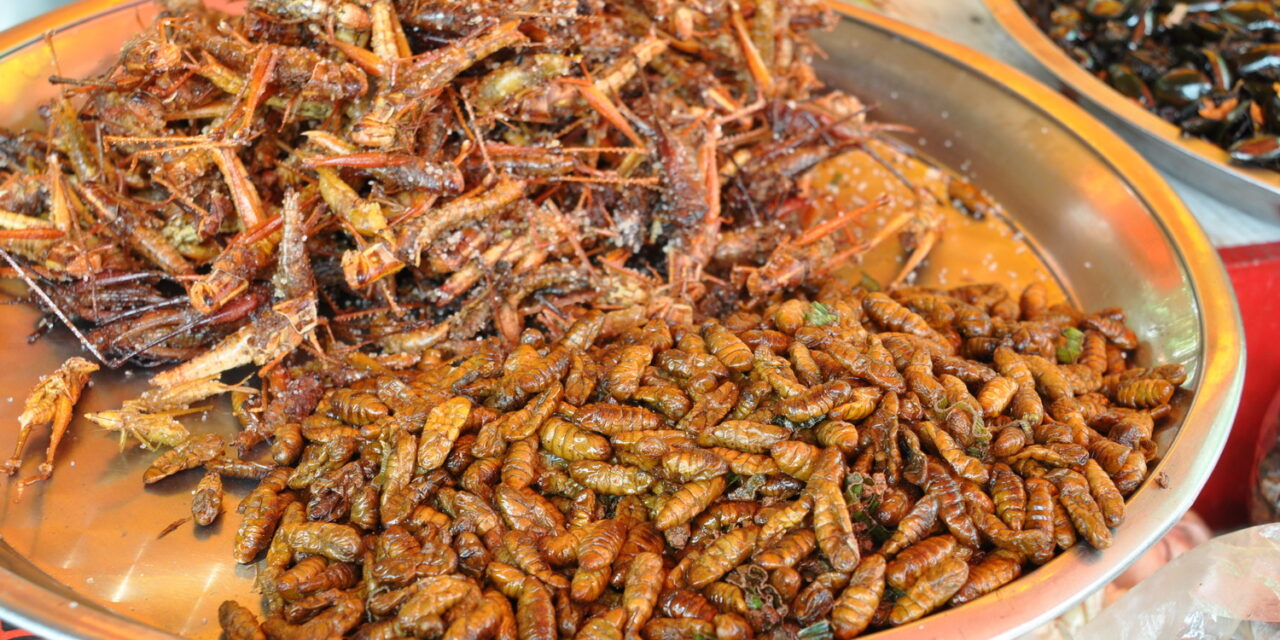According to the researchers, they can play a vital role in the global food supply.
Scientists in East Africa have produced a global atlas of edible insects, highlighting their diversity and the attributes that can contribute to supply chain performance and sustainability. According to the researchers, edible insects can play a vital role in the global food supply due to their low environmental footprint, high food utilization rate, rapid growth and nutritional value, Magyar Mezőgazdaság .
To date, there are significant knowledge gaps regarding insect diversity, global distribution and regional differences, potentially compromising the effective registration of edible insects. This prompted scientists from universities in Kenya, South Africa and Uganda to compile and analyze an incomplete database of edible insects. They also identified drivers of global insect consumption to promote a sustainable food system.
, was published in English in the NATURE Scientific Reports
Data were collected from a number of sources, including lists of edible insect species from the literature and various research databases. After that, a series of analyzes were carried out at national, regional and continental levels.
The survey revealed a number of common and unique traditions related to access to and use of edible insects in some countries and regions.
Although the consumption of insects is often rooted in cultural traditions, it also shows a correlation with the land cover, the geographical distribution of insects, the size of the population and the economic development of the given country. People in Africa, Asia and Latin America eat insects because it is part of their culture, while in Europe, increased awareness and a desire for sustainability are the main drivers.
The study concluded that edible insects are becoming an increasingly important part of the planet's food supply and that more proactive efforts are needed to achieve sustainable food production.
Featured image: shankar s. / commons.wikimedia.org













